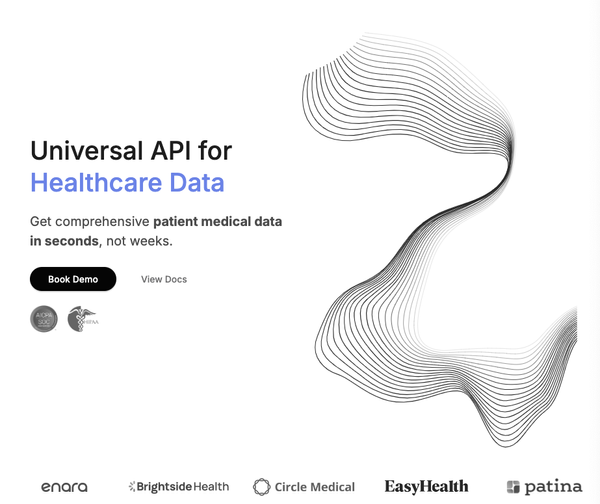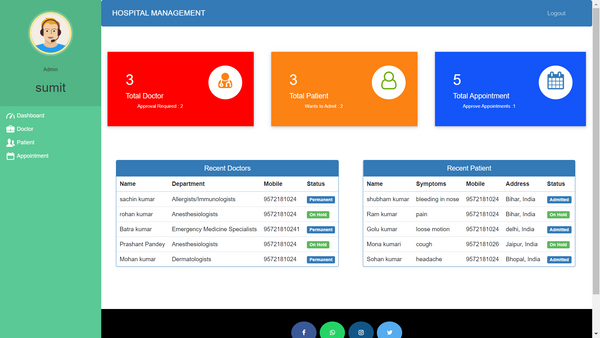BHIMA: Open Source Basic Hospital Information System
BHIMA or Basic Hospital Information Management Application, is a free and open-source hospital information system that is designed for rural hospitals in Africa.
It is created and released as an open-source project by an international team located in Democratic Republic of the Congo.

The project started as a research project of IMA World health since 2013, and it has been under active development ever since.
BHIMA aims to provide a flexible and robust accounting and managerial solution for rural hospitals. This includes, but is not limited to, basic income/expense reporting, budgeting, patient and organisational billing, depreciation, inventory and pricing, and purchasing.
Additionally, BHIMA bundles reports and optional reporting plugins to aid hospital administrators, aid organisations, and governmental/non-governmental agencies access up to date utilization data. It targets insitutions that must conform to the OHADA reporting standards in western and central Africa.
Finally, the entire project is designed to scale from a single, low-cost device in a clinic, to a large multi-hundred bed institution with tens of users accessing the server simultaneously.
Tech stack
The project is written using Node.js, AngularJS, Redis, and uses MySQL database in the backend.
License
BHIMA is released under the GPL-2.0 License.







